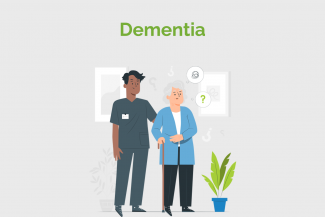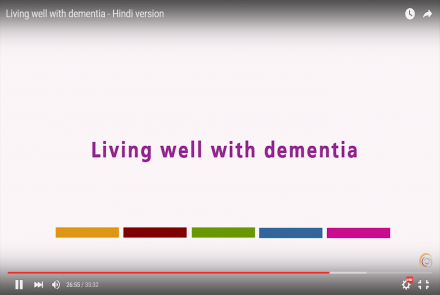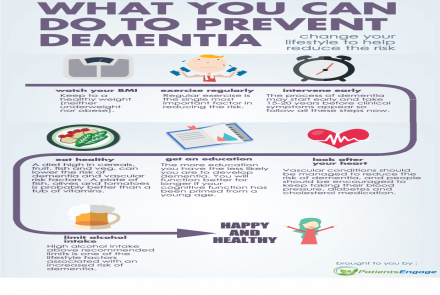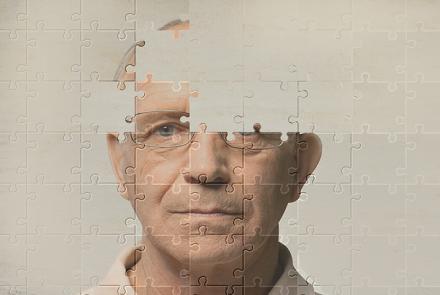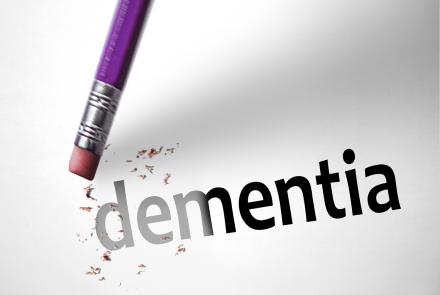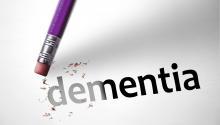
What causes Dementia
The most common cause is Alzheimer's disease, which accounts for up to 60% of all cases. Alzheimer's disease is caused by the destruction of certain brain cells leading to the loss of the neurotransmitter acetylcholine. Vascular dementia, which occurs after a stroke, is the second most common dementia type. But there are many other conditions that can cause symptoms of dementia, such as thyroid problems and vitamin B complex deficiencies. Dementia can also be caused by excessive alcohol intake.
Are you at risk of developing Dementia
Risk factors include:
• Increasing age: As you age, the risks of Alzheimer's disease, vascular dementia and several other dementias greatly increase, especially after the age of 65. However, dementia isn't a normal part of ageing, and dementia can occur in younger people.
• Positive family history: If you have a family history of dementia, your risk goes up by approximately 20-25%. It can be an inherited condition and the gene responsible is the amyloid precursor protein gene (APP)
• Poorly managed high blood pressure
• Brain injury
• Brain tumours
• High cholesterol
• Atherosclerosis: This build-up of fats and other substances in and on your artery walls (plaques) can reduce blood flow to your brain and lead to stroke. Reduced blood flow to your brain can cause vascular dementia. Some research shows there may be an association between blood vessel (vascular) conditions and Alzheimer's disease.
• Diabetes
• Smoking
• Poor diet
• Excessive alcohol intake
• Vitamin B 12 deficiency
• Down syndrome: By middle age, many people with Down syndrome develop the plaques and tangles in the brain that are associated with Alzheimer's disease. Some may develop dementia.

